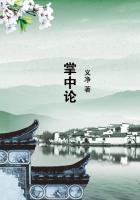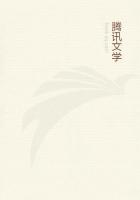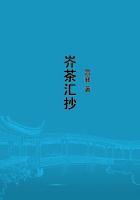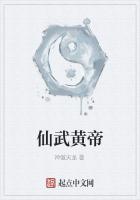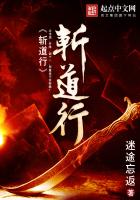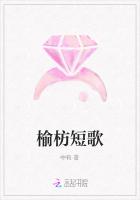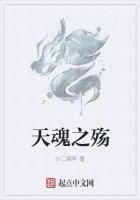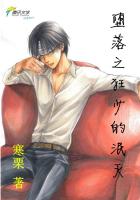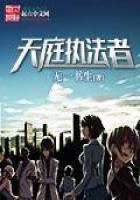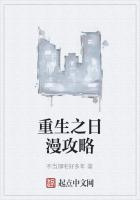[2]More usually written nugi-kakeru,which means either "to take off and hang up,"or "to begin to take off,"--as in the above poem.More loosely,but more effectively,the verses might thus be rendered:"Like a woman slipping off her haori --that is the appearance of a butterfly."One must have seen the Japanese garment described,to appreciate the comparison.The haori is a silk upper-dress,--a kind of sleeved cloak,--worn by both ***es;but the poem suggests a woman's haori,which is usually of richer color or material.The sleeves are wide;and the lining is usually of brightly-colored silk,often beautifully variegated.In taking off the haori,the brilliant lining is displayed,--and at such an instant the fluttering splendor might well be likened to the appearance of a butterfly in motion.
[3]The bird-catcher's pole is smeared with bird-lime;and the verses suggest that the insect is preventing the man from using his pole,by persistently getting in the way of it,--as the birds might take warning from seeing the butterfly limed.Jama suru means "to hinder"or "prevent."
[4]Even while it is resting,the wings of the butterfly may be seen to quiver at moments,--as if the creature were dreaming of flight.
[5]A little poem by Basho,greatest of all Japanese composers of hokku.
The verses are intended to suggest the joyous feeling of spring-time.
[6]Literally,"a windless day;"but two negatives in Japanese poetry do not necessarily imply an affirmative,as in English.The meaning is,that although there is no wind,the fluttering motion of the butterflies suggests,to the eyes at least,that a strong breeze is playing.
[7]Alluding to the Buddhist proverb:Rakkwa eda ni kaerazu;ha-kyo futatabi terasazu ("The fallen flower returns not to the branch;the broken mirror never again reflects.")So says the proverb --yet it seemed to me that I saw a fallen flower return to the branch...No:it was only a butterfly.
[8]Alluding probably to the light fluttering motion of falling cherry-petals.
[9]That is to say,the grace of their motion makes one think of the grace of young girls,daintily costumed,in robes with long fluttering sleeves...
And old Japanese proverb declares that even a devil is pretty at eighteen:
Oni mo jiu-hachi azami no hana:"Even a devil at eighteen,flower-of-the-thistle."
[10]Or perhaps the verses might be more effectively rendered thus:"Happy together,do you say?Yes --if we should be reborn as field-butterflies in some future life:then we might accord!"This poem was composed by the celebrated poet Issa,on the occasion of divorcing his wife.
[11]Or,Tare no tama?[Digitizer's note:Hearn's note calls attention to an alternative reading of the ideogram for "spirit"or "soul."]
[12]Literally,"Butterfly-pursing heart I wish to have always;'--i.e.,I would that I might always be able to find pleasure in ****** things,like a happy child.
[13]An old popular error,--probably imported from China.
[14]A name suggested by the resemblance of the larva's artificial covering to the mino,or straw-raincoat,worn by Japanese peasants.I am not sure whether the dictionary rendering,"basket-worm,"is quite correct;--but the larva commonly called minomushi does really construct for itself something much like the covering of the basket-worm.
(2)A very large,white radish."Daikon"literally means "big root."
[15]Pyrus spectabilis.
[16]An evil spirit.
(3)A common female name.
MOSQUITOES
(1)Meiji:The period in which Hearn wrote this book.It lasted from 1868to 1912,and was a time when Japan plunged head-first into Western-style modernization.By the "fashions and the changes and the disintegrations of Meiji"Hearn is lamenting that this process of modernization was destroying some of the good things in traditional Japanese culture.
ANTS
(1)Cicadas.
[1]An interesting fact in this connection is that the Japanese word for ant,ari,is represented by an ideograph formed of the character for "insect"combined with the character signifying "moral rectitude,""propriety"(giri).So the Chinese character actually means "The Propriety-Insect."

